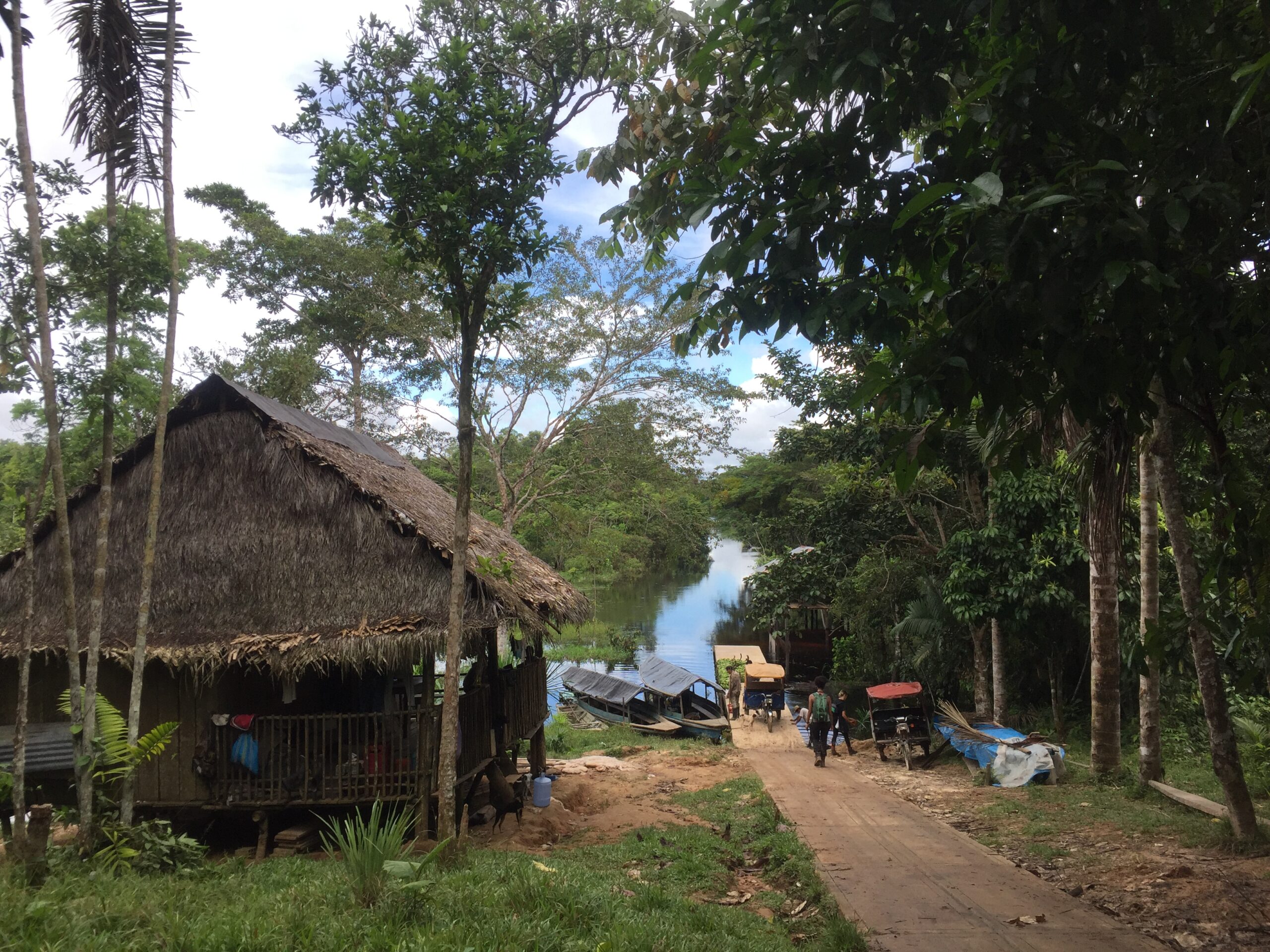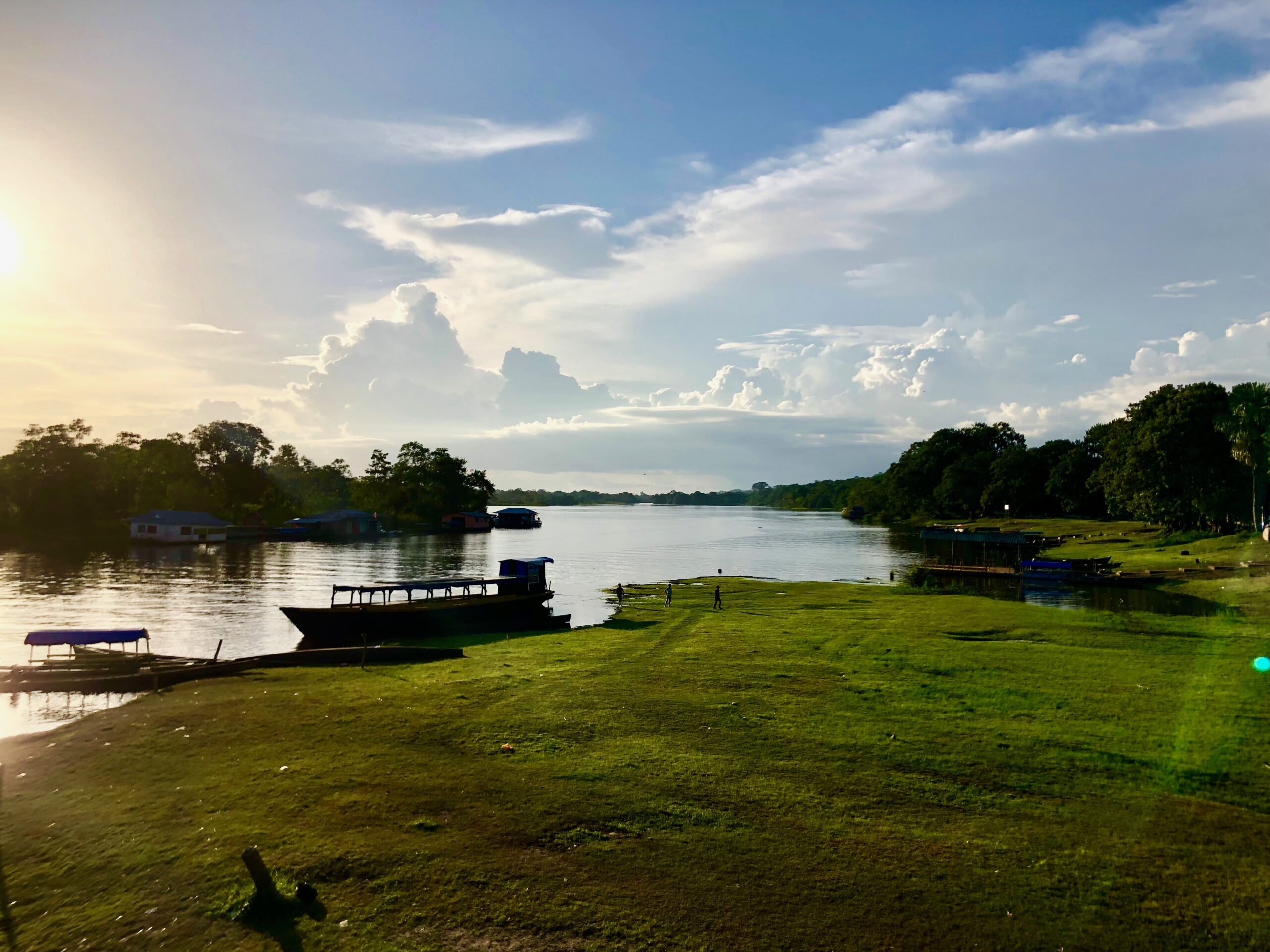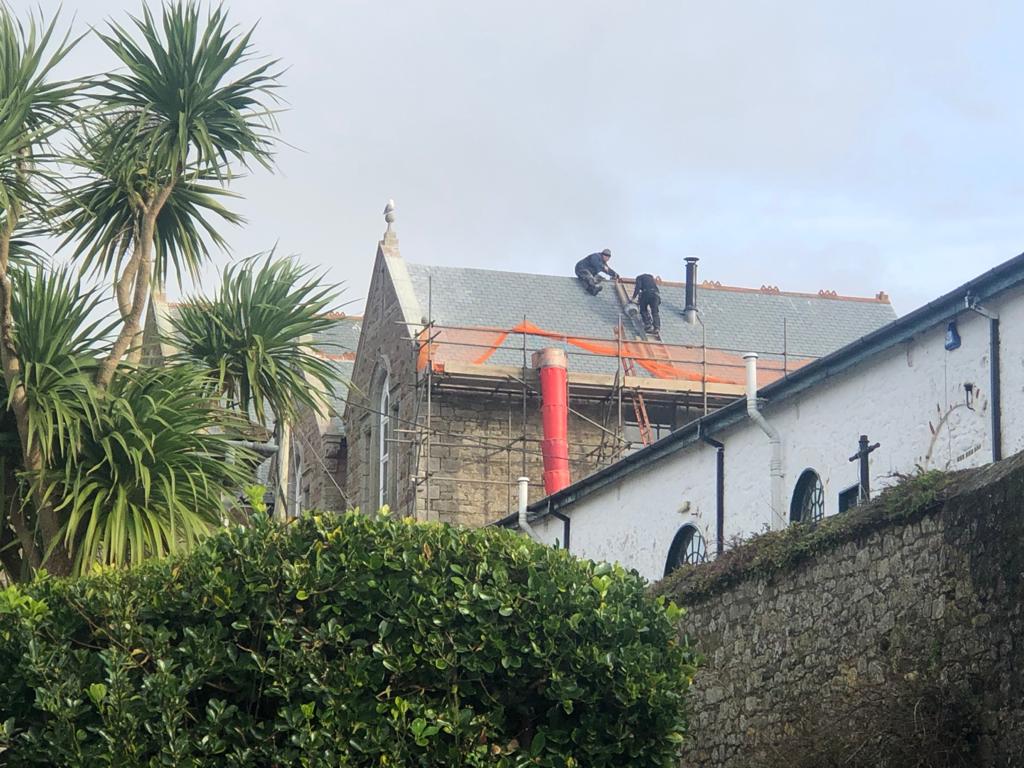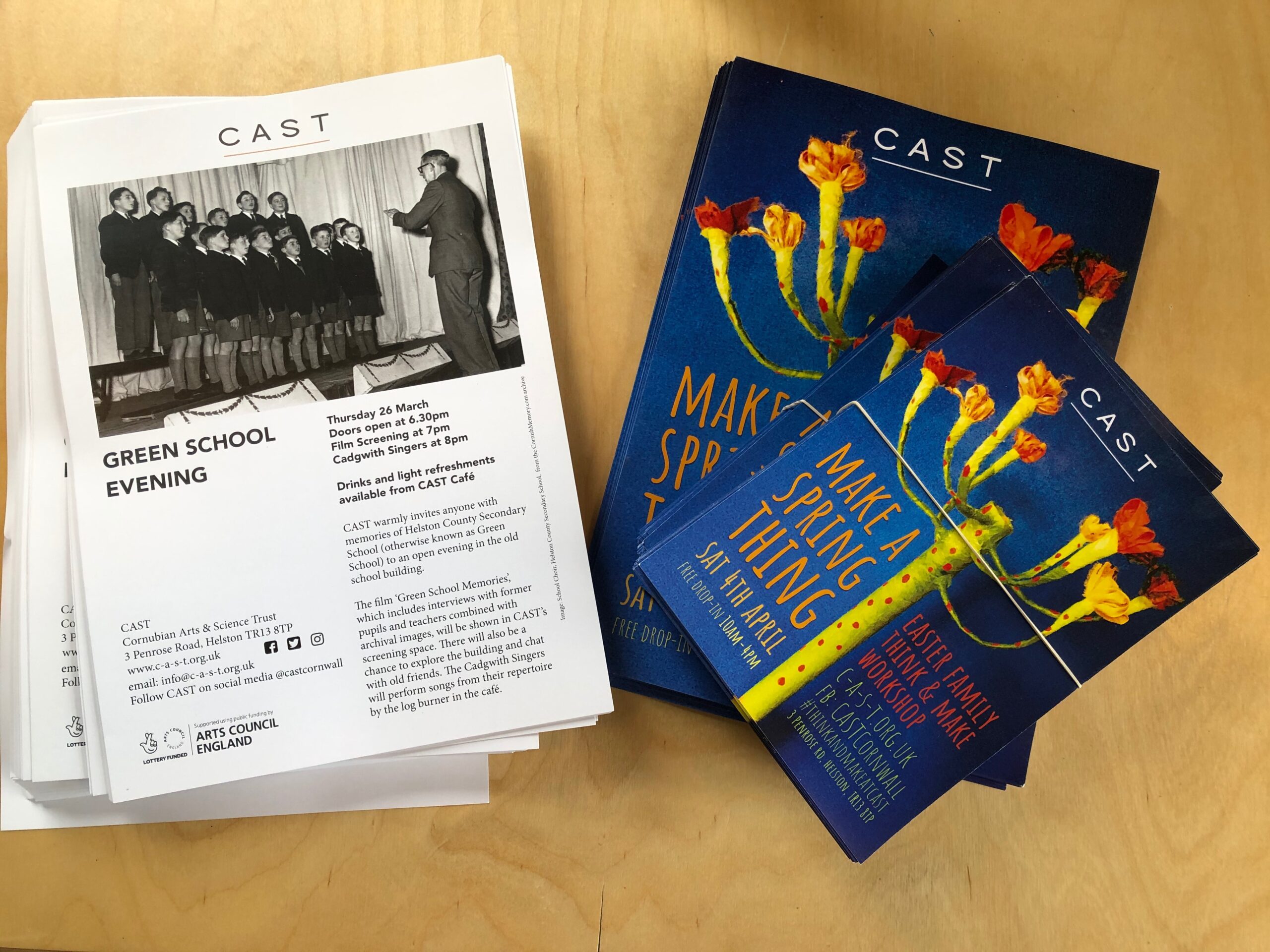The Botanical Mind: Art, Mysticism and The Cosmic Tree is an exhibition, publication, and now online project, that approaches the plant kingdom with wonder and a sense of mystery. It draws on wisdom traditions that have placed plants at the centre of their healing practices, from the Amazon to traditional European herbalism, and the progression of scientific understanding of the vegetal kingdom including recent discoveries of plant sentience. It reflects on the metaphysical significance of plants, trees and fungi that’s apparent in the art and mythologies of diverse cultures and spiritual traditions.
The project is co-curated by Martin Clark and Gina Buenfeld of Camden Art Centre, who together narrate the beautiful introductory film. Gina writes here about the evolution of the exhibition and its links with Cornwall:
‘The Botanical Mind is an ongoing and evolving conversation between thinkers, writers and artists from around the world and stretching back thousands of years. The thinking behind it began in the Amazon in 2017 and the ideas coalesced with European influences from science and culture, particularly those based on intuitive and holistic attitudes to the natural world – Gaian and animist principles that resonate with ways of life in the rainforests of South America.
‘In the autumn of 2017, following a six-month sabbatical spent between two vastly different landscapes – the tropics and Finland’s Boreal forests, researching indigenous Sami culture – I had the good fortune to participate in the Cornwall Workshop, a weeklong residential workshop led by artist Christina Mackie, organised by CAST and held at Kestle Barton on the Lizard peninsula. Venturing out daily to encounter the rich natural and cultural landscape that characterises that special part of the UK, I was inspired by the living traditions that tether people there so closely to the land and sea – the music, folk tales and annual celebrations that mark shifting seasons. The extraordinary Flora Day celebrations transform Helston into a dazzling spectacle offered as an homage to the vegetal kingdom and the standing stones that remain sequestered in fields around Penwith also bear witness to an ancient understanding that the practical survival of people in those lands – the success or failure of the harvest – was intimately involved in the Earth’s dance with the sun, the smallest component manifest in the greatest – the planets and stars implicated in the plants and aspects of the human body.
My inclination towards Cornwall has never waned and last year I had the opportunity to work with the team at Newlyn Art Gallery & The Exchange to develop an exhibition on related themes. Gaa: Holistic Science and Wisdom Tradition was a four-person exhibition with Gemma Anderson, Serena Korda, Delfina Muñoz de Toro and Abel Rodriguez, which drew on ancient traditions from the Amazon rainforest and European alternatives to mainstream science, re-imagining the earth as a living organism and all forms of life entangled in a fabric of relations. Coinciding with the exhibition’s opening, CAST presented a performance by Delfina Muñoz de Toro – a rare opportunity for songs from the Amazon to be heard in the UK – and a screening of films by Priscilla Telmon and Vincent Moon, who spent years amassing a filmic archive of the spiritual and music traditions in Brazil.
Martin Clark has even stronger ties to Cornwall, having lived there for many years as Director of Tate St Ives, and we’ve been shaping this project together with the support of Elsa Collinson, who I first met on the Cornwall Workshop while she was working with CAST. As more voices join the conversation through the online platform, the project continues to grow and evolve, reaching audiences around the world. The response has been overwhelmingly positive – seeming to address some of the urgent conditions and questions that people, not only in the UK but internationally, find themselves facing at this time. I hope it will have a special resonance with people in Cornwall where these ideas first germinated.’



